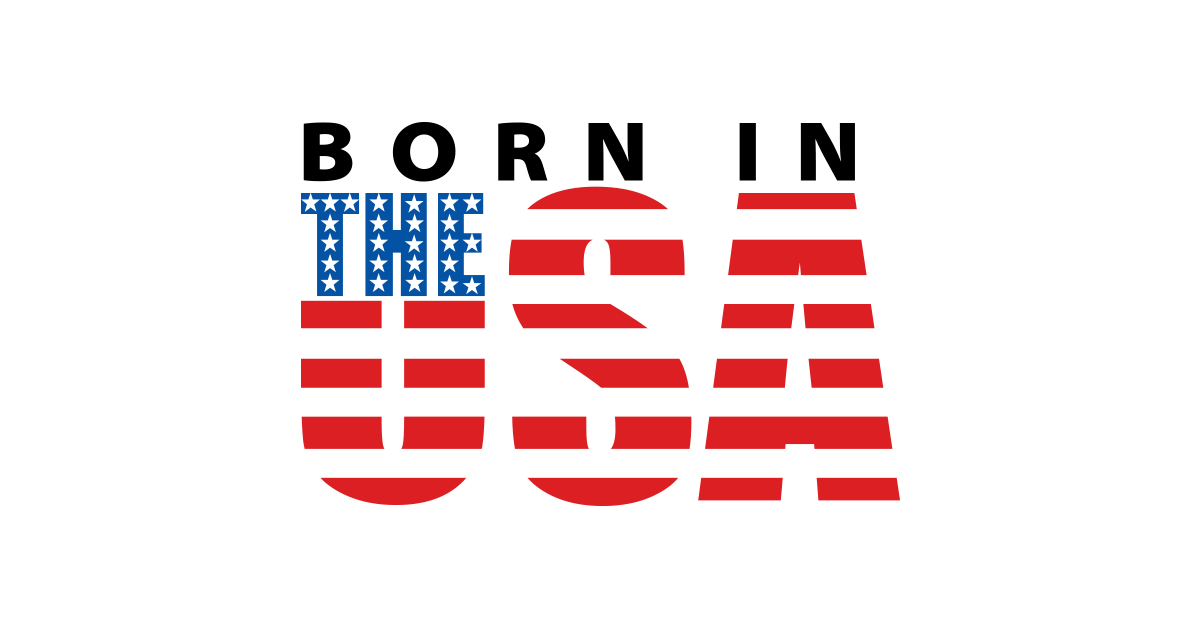
The USA is a little bit confusing. On the one hand, they have some of the fittest people in the world; on the other, they have some of the fattest. On the one hand, they’ve championed the banning of cigarettes far more than any other nation and were the first to do it; on the other, their executives love nothing more than smoking a cigar and stinking the place to pieces.
These dynamics I’ve observed for some time and these extremes display themselves with technology too. On the one hand, they have some of the greatest internet names in the world from Google to Facebook; on the other, these companies are the least regulated in the world and get away with data abuse on a daily basis thanks to their lobbying in Washington https://finansernextjs.wpengine.com/2018/06/america-versus-europe-fight-truth-data/ .
Similarly, on the one hand, America has been home to some of the greatest FinTech unicorns from Stipe to Square to SoFi; on the other, America has not seen a single new bank start-up launched since I was born.
It seems strange that we have so many in the UK and Europe, but none in America. I blogged about this last year, because the Office of the Comptroller of the Currency (OCC) had tried to clear the way for a lite bank license to be issues to FinTech start-ups based upon the Charter they allocate for credit unions and other firms. This got shot down in flames though, as Federal and State rule makers waded in to block it.
I thought that was that and then, lo and behold, a bit of news leaks out this week that the OCC has been cleared to go ahead by the US Treasury and, with immediate effect, can offer a Bank Charter to the likes of OnDeck and Kabbage. Amazing!
There is no current federal regulatory regime for fintech firms, meaning online lenders must seek licenses in every state they wish to operate, an onerous and expensive process, or partner with traditional banks. The OCC charter would allow fintech firms to operate independently across the country under a single federal license.
A fintech charter was first floated by the OCC in 2016. State regulators have vigorously opposed the idea, saying it exceeds the OCC’s statutory authority. The New York Department of Financial Services and the Conference of State Bank Supervisors (CSBS) unsuccessfully sued the OCC last year to block the charter.
But the Treasury and many conservative Republicans see promoting fintech as a way to boost small companies and create jobs. In a report earlier on Tuesday, the Treasury recommended the charter as a way to support non-bank financial institutions and foster technology-driven innovation.
Now, the report Reuters refers to can be found here, and also makes for interesting reading. At 222 pages long, it’s a pretty meaty report, and is properly titled:
A Financial System That Creates Economic Opportunities Nonbank Financials, Fintech, and Innovation
A U.S. Department of the Treasury Report to President Donald J. Trump written by Steven T. Mnuchin, Secretary, and Craig S. Phillips, Counselor to the Secretary
Executive Order 13772 on Core Principles for Regulating the United States Financial System
It’s well worth a read, but here’s a nice little snippet I took out of the Executive Summary:
From 2010 to the third quarter of 2017, more than 3,330 new technology-based firms serving the financial services industry have been founded, 40% of which are focused on banking and capital markets. In the aggregate, the financing of such firms has been growing rapidly, reaching $22 billion globally in 2017, a thirteenfold increase since 2010. Significantly, lending by such firms now makes up more than 36% of all U.S. personal loans, up from less than 1% in 2010. Additionally, some digital financial services reach up to some 80 million members, while consumer data aggregators serve more than 21 million customers.
Boy oh boy, but FinTech is changing the game and the Treasury’s approval of the OCC over the interests of all those Federal and State regulators is going to change the game even more. Watch that space.
Chris M Skinner
Chris Skinner is best known as an independent commentator on the financial markets through his blog, TheFinanser.com, as author of the bestselling book Digital Bank, and Chair of the European networking forum the Financial Services Club. He has been voted one of the most influential people in banking by The Financial Brand (as well as one of the best blogs), a FinTech Titan (Next Bank), one of the Fintech Leaders you need to follow (City AM, Deluxe and Jax Finance), as well as one of the Top 40 most influential people in financial technology by the Wall Street Journal's Financial News. To learn more click here...

